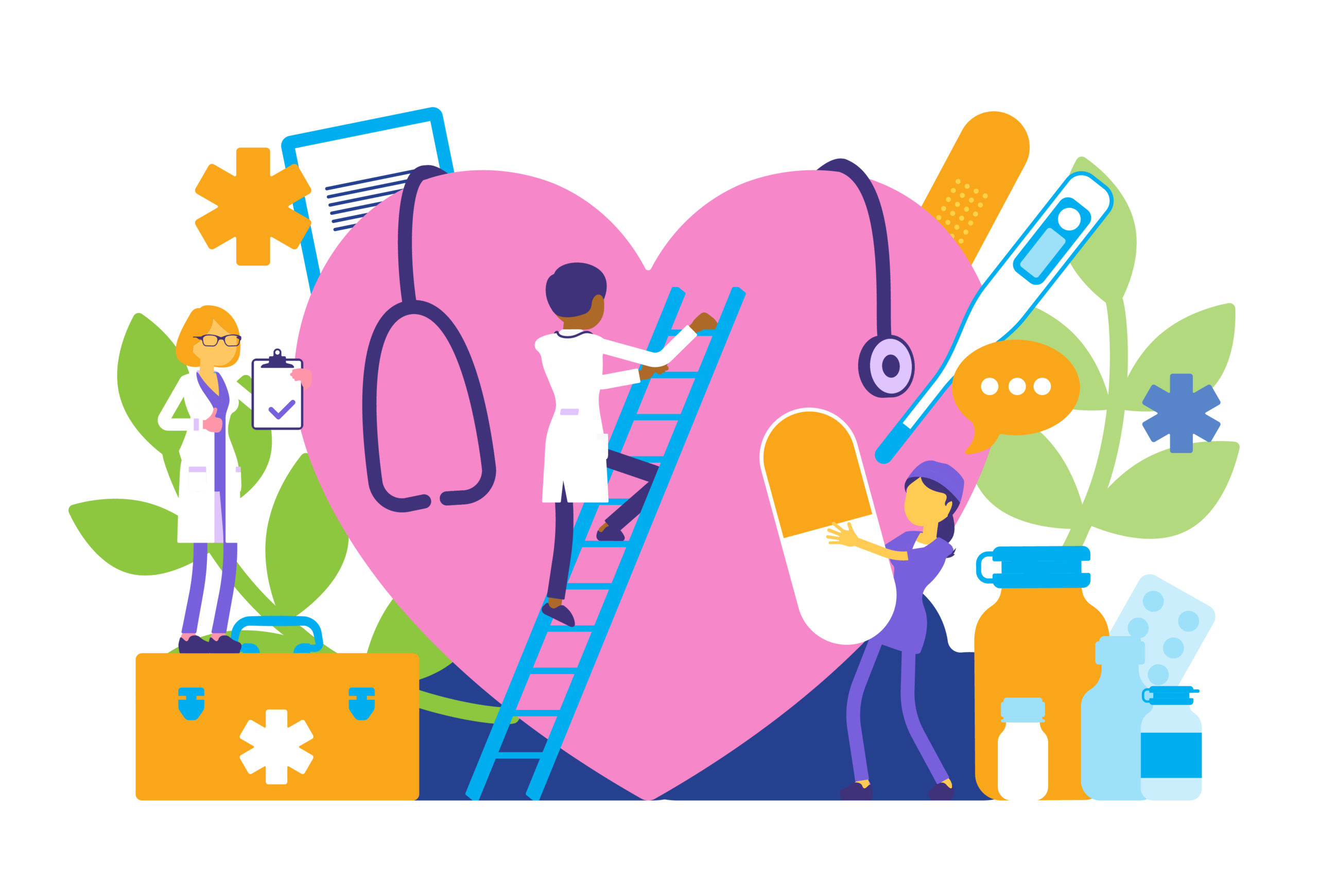Last week was Nurses Week in the US, and as we celebrate the tremendous contribution of our frontline healthcare workers, we can’t help but think about a line from a recent article in The Washington Post: “We need to stop treating [healthcare professionals] like heroes and start treating them like human beings.” This quote is from Mona Masood, a psychiatrist who counsels healthcare workers in mental health crises.
The article is based around a recent study showing that three in 10 healthcare professionals have considered quitting due to the burnout, fear, and frustration that comes with working on the frontlines. About six in 10 say the increased stress of COVID-19 has impacted their mental health. Many report feeling expendable and undersupported by their hospital. They go to work for their shift and return home fearing that they’re bringing the virus with them. They have lost colleagues, patients, and loved ones. Yet, they stay on because they care so deeply about their work.
All of these reasons and more are why at Mindful we’ve been putting our whole hearts into our free Mindfulness for Healthcare online summit. One of the most important ways we can take action for Mental Health Awareness Month is by offering care to those who do so much to care for us.
The summit will feature a range of over 45 esteemed mindfulness thought leaders and healthcare leaders in conversation with healthcare professionals, executives, therapists, and scientists. You can register and find out more here: mindful.org/healthcaresummit. Please consider sharing the event with anyone who might be interested.
Mindfulness for Frontline Healthcare Workers
Three physicians and mindfulness experts, all of whom are speakers at the Mindfulness in Healthcare Summit, share suggestions for how frontline workers can prioritize their personal well-being:
- Understand how stress affects your physical and emotional health. When we talk about resilience, we recognize this is not only a question of individual change, but also systemic and institutional change needed to better support healthcare staff. Cardiologist Jonathan Fisher is one of the physicians who’s leading the push to embed more compassion into every level of the healthcare system. “What if we could begin to heal our hearts and those of our patients without rushing to a drug or procedure?” writes Fisher. He explains the growing evidence that mindfulness can benefit heart health and other physical outcomes, and offers three tips to add mindfulness to your health plan.
- Take a moment to prioritize yourself. “The transformation mindfulness and self-compassion has brought to my life, and to so many other providers’, reaffirms my belief and mission that healthcare starts with self-care,” says Dr. Reena Kotecha, founder of the Mindful Medics program. Having experienced the burnout of frontline healthcare work herself, she invites healthcare workers to root in self-compassion with the The PACE Yourself practice.
- Practice loving-kindness. While continuing to work for positive change for all healthcare workers, we can also support our well-being by cultivating deep care and compassion toward ourselves. “In moments of uncertainty or crisis, whether in life or in a clinical setting, our minds can complicate our emotional and practical responses with thoughts that make our experiences more intense,” says pediatrician and author Dr. Mark Bertin. He shares this guided loving-kindness practice that can help us anchor in the present moment so we don’t get swept away by overwhelm.
read more
Keeping a Cool Head and Warm Heart in Challenging Times
Cooling the fires of reactivity by cultivating equanimity so we can find steadier ground on which we can stand to meet the challenges of the day.
Read More
A Guide to Practicing Self-Care with Mindfulness
Making sure our own needs are met is as important as taking care of those we love most. When turning your attention toward yourself feels challenging, there are simple ways to move through the discomfort. Explore our new guide for tips, practices, and reminders on how to engage in self-care.
Read More
8 Ways Healthcare Workers Can Reduce Stress
Dr. Reena Kotecha and Dr. Chris Willard offer a collection of quick tips to help other healthcare professionals rediscover moments of calm and self-care, even during a grueling work day.
Read More
Mindfulness for Healthcare Professionals
Accessible mindfulness and mindful healthcare practices, meditations, and resources for healthcare workers.
Read More












